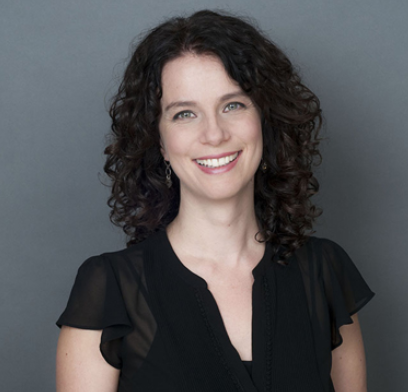Acting To Learn Not Just Accomplish

September is here and I imagine you’re either ramping up to what is sure to be a busy fall, or you’ve been working non-stop since the pandemic started, and don’t see that changing as you look at the next few months. Either way, there is a great deal of work ahead as we navigate through these uncertain Covid times.
Being busy with more to do than we seem to have time for, can also be a familiar addiction for many of us. When we are in action to accomplish tasks we feel a greater sense of control and certainty, and don’t forget that our western culture values and rewards productivity in a big way. So, it’s no surprise that we spend a great deal of time and energy being in non-stop action with a focus on getting stuff done.
But not all action is about accomplishment. Acting for the sake of learning begins with a different intention; the primary purpose is to learn about ourselves and others. We set out to enhance awareness of our mindset, habits, fears, assumptions, energy, and values; we notice others strengths, perspectives, and challenges in new ways. This type of learning is difficult to do when we are moving too fast, and when we fail to pay attention to our experience.
Acting to learn deepens and enhances all other actions and ensures the accomplishments are intentional, thoughtful, and ultimately in line with who we are and who we want to be. Our biggest blindspot is often ourselves, and so learning more about what makes us tick, what sets us off, what shuts us down, and what brings us back is essential to our success in work and life.
Acting to learn works best when we set out to become aware of something about ourselves, design a path of action that will give us that insight, and then engage in the task with the intention of learning.
Practice
- Pause. Take a deep breath in…and out…get present and grounded.
- Ask yourself, what is something that’s been challenging lately? What’s been hard for you about this challenge? What is your part of the challenge – where have you been getting in your own way?
- Consider the following types of actions, and pick one for this week that will give you more information about your challenge and insight into the role you play.
- Take a few minutes to reflect on the action you took – what did you notice, what was surprising, and what wisdom are you taking with you as you move forward?
Different Options for Action:
- Observe yourself in a specific situation and capture what you notice after the fact.
- Choose a mindfulness practice that exercises your attention muscle, and notice the impact of that on your work and your relationships.
- Request feedback from someone. Share with them what you want to hear about. Ask for what you’re doing well and then what you could be doing better/differently.
- Prepare yourself first and then have a difficult conversation. Reflect on what went well and what could be even better next time.
- Pay attention to what gives you energy and what drains your energy when it comes to this challenge.
- Design a new behavioural practice that is very specific and realistic – e.g., when you check your email, how quickly you respond to requests, what time you wake up and what you do in that time, how you greet people, what you do with your phone when you’re listening to someone, etc.
When we can be open to learning about ourselves and others through action and reflection, we increase our effectiveness and profoundly enhance our experience of work and life.
Photo by Anika Huizinga on Unsplash

Tamar partners with leaders and teams committed to growing their leadership capacity and impact. She has extensive experience with clients from the private, non-profit, and public sectors, and has worked with clients from a variety of industries including healthcare, education, finance, communications, marketing/sales, and media. Read more about Tamar

